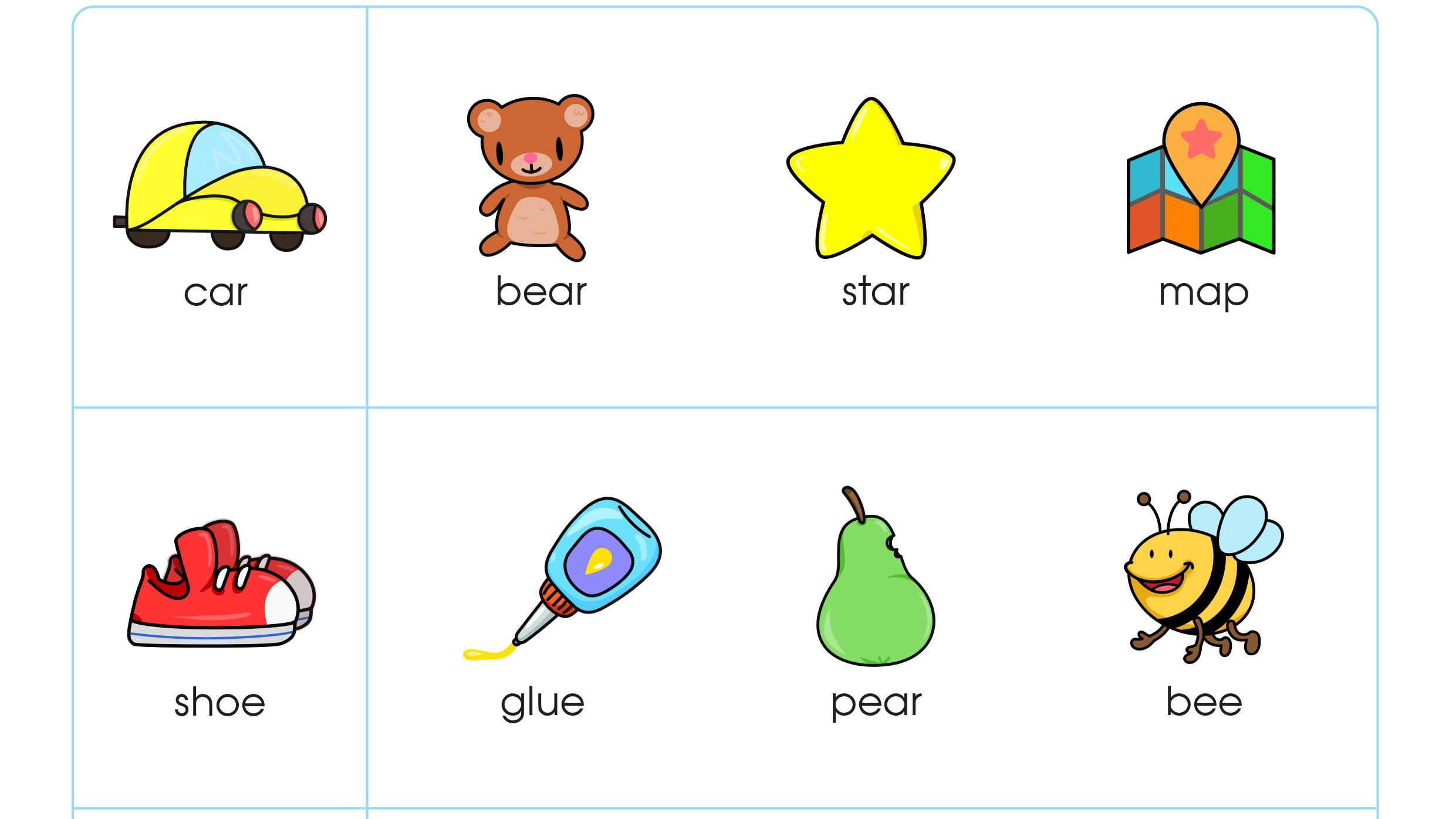Rhyming skills development Normal Rhyming Words Worksheets for Ages 5-7
3 filtered results
-
From - To
Enhance your child's linguistic development with our engaging "Normal Rhyming Words Worksheets for Ages 5-7". Designed specifically for young learners, these worksheets make rhyming an enjoyable and interactive activity. Through fun exercises and captivating visuals, children will improve their phonemic awareness and literacy skills. Our expertly crafted worksheets help kids recognize and produce rhyme patterns, enhancing their vocabulary and pronunciation. Perfect for home or classroom use, these materials support early reading success and contribute to a strong educational foundation. Foster your child's language skills today with our comprehensive and delightful rhyming worksheets!


Rhyming Words Rhyming Worksheet


First Words: Picture Rhymes Worksheet
Rhyming skills are a critical component of early literacy development, especially for children aged 5-7. Parents and teachers should care about fostering these skills because rhyming enhances phonological awareness—the ability to recognize and manipulate sounds in spoken language. This awareness is foundational for reading and writing proficiency.
When children learn to recognize and create rhymes, they develop an ear for the various sounds that make up words. This auditory discrimination helps them understand how words can be broken down into smaller units, such as syllables and phonemes. By playing with rhymes, children begin to notice patterns within words, which aids in decoding new words and contributes to spelling skills.
Rhyming also enriches a child's vocabulary by introducing them to new words and their meanings. For instance, if a child learns that "cat" rhymes with "bat", they might become curious about other words that share similar endings, thereby expanding their word bank.
Moreover, rhyming fosters a fun and engaging learning environment. It comes naturally through games, songs, poems, and stories, making learning enjoyable and less stressful. This positive reinforcement can significantly boost a child's confidence and enthusiasm for learning.
Therefore, prioritizing the development of rhyming skills at an early age equips children with essential tools for their academic journey, laying a strong foundation for future language and literacy success.
 Assign to My Students
Assign to My Students



.jpg)













